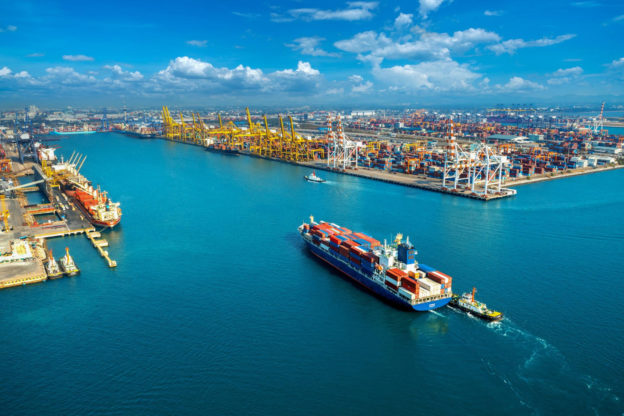by Pascal Cange
The most recent World Customs Organization, MENA regional workshop on Free Zones/Special Customs Zones, in Tangier, Morocco, from 28 to 30 January 2019 focused on the administrations’ experience running such zones from customs processes and economic benefit’s standpoint.
Such zones have been established around the world as an investments’ attraction tool generating mutual Governments’/investors’ benefits:
- On one hand, for Governments, these zones represent a fast track for industrialization of the areas where they are located (jobs creation, training and advancement of the local manpower, generating an economic trail of local suppliers…); and,
- On the other hand, for investors, they represent mean to maximize profit margins due to leaner processes, lighter administrative burdens, low infrastructure costs and lesser duties and taxes, all leading towards a lower production cost.
Our advice to our clients is to undertake a financial and legal due diligence prior to investing in any free zone. Our due diligence aims usually at measuring the impact of each factor in these specific investment environments on the performance of a given investment. Examples are many, we hereby list a few:
- Understand what markets represent the key destinations of the products obtained in free zones and run simulations on the access rules for each of these markets: in fact GCC, explicitly, and GAFTA, implicitly, exclude the preferential treatment benefit for products that are obtained in these zones.
- Weigh the effectiveness of incentives such as tax and customs exemptions compared to other programs available in the relevant jurisdiction (onshore): for example, customs duty exemption granted for some free zones can be, in some circumstances, be easily matched by other industrial incentive laws such as the Common Customs Law of GCC States when we bear in mind that the products manufactured in the second case are deemed originating in the mainland and thus benefiting from a preferential treatment in GAFTA and GCC;
- Consider the wording of the regulations governing such free zones in order to identify potential provisions rendering some of the offered incentives actionable under the WTO Agreement on Subsidies and countervailing measures; e.g. some legal texts may refer to “zones to promote export of goods” others may include a percentage of the end products destined to be exported… Such regulations expose an investment to be deemed benefiting from an illegal subsidy.
- Seek predictable regulatory environments governing such free zones especially with regard to items that might affect their Profit and Loss statements;
- Make sure the investment is being provided with proper infrastructures such as the provisions of usufruct and sub-usufruct contracts, availability of an adapted infrastructure and its compliance with the requirements of the targeted markets, availability and continuity of utilities, fair sunset clauses…
Finally, from a customs and international trade optimization perspective, we always advise diversifying supply origins in order to allow a greater security and flexibility of any supply chain.
***
DS Customs and international trade team keeps following the advancements on this topic and will be pleased to share its experience and knowledge to accomplish a greater safety of its clients’ investments.
CONTACT US:

